Bush Summit: Gina Rinehart makes pitch for nuclear in net-zero future
Australia’s richest woman has laid out a sweeping vision for the nation’s future, advocating nuclear energy as part of a net-zero future rather than just wind and solar.
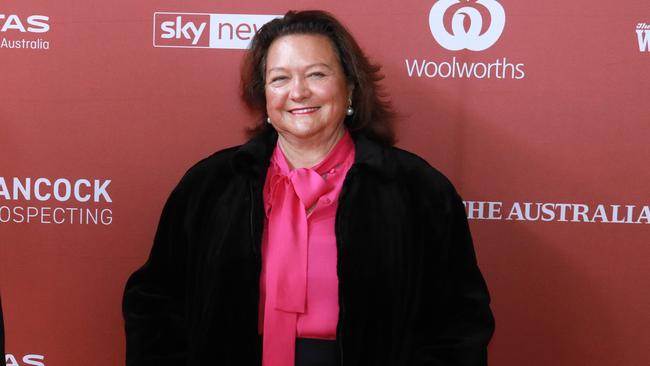
Australia’s richest woman, Gina Rinehart, has laid out a sweeping vision for the nation’s future, advocating for the country to pursue nuclear energy as part of a net-zero future rather than just wind and solar, and to invest more of the region’s wealth back into bush communities.
Mrs Rinehart used her speech at The Australian’s inaugural Bush Summit to deliver a six-point plan for the country, including a call for any government that supported net-zero carbon reduction policies to help pay the costs for farmers in meeting those targets.
In a rare public address, the businesswoman also hailed “king coal” for its contribution to government coffers and called for tax breaks to help foster more investment across Northern Australia.
Her call for Australia to embrace nuclear energy represents perhaps the most significant shift in the long-running debate around the technology, given her financial capacity to invest in an energy source that many in the federal government have dismissed as too costly.
Nuclear reactors, she said, represented a better alternative to the vast expanses of wind and solar-powered renewable projects in place or earmarked for development across regional Australia.
“Let’s not upset many farmers with bird-killing wind generators and massive solar panel stretches, and bring on clean, safe, nuclear energy please Australia,” she said.
The energy transition was one of the dominant themes from Monday’s Bush Summit, with the opportunities around investment and the supply of raw materials needed for the global push towards net zero countered by concerns from the agricultural sector about the disproportionate negative impact of the change on rural communities.
The summit also drew attention to concerns in the regions about the gulf in living standards between the city and the country, despite the regions making an outsized contribution to the national economy.
Mrs Rinehart, whose Hancock Prospecting has extensive agricultural businesses as well as its traditional iron ore mining interests in WA’s Pilbara, warned many farmers were not able to bankroll the shift to net zero.
While Mrs Rinehart has invested substantial sums in the installation of solar panels and batteries across her various cattle stations, many other farmers did not have such capacity.
Instead, Mrs Rinehart said agriculture would need waivers or subsidies to help meet net-zero goals.
“Agriculture usually doesn’t have the financial resources that the mining industry has,” she said.
She said farmers should not be forced to invest more than $200,000 on equipment to meet net-zero policies – including on farm equipment such as electric cars, heavy equipment, and solar and wind plants needed to keep farms running.
“The rest to be met by the governments, or waived,” she said. The failure to deliver “real assistance” to farmers for net- zero policies could lead to food security issues if farmers were forced to leave the land.
“Most farmers and others in agriculture just can’t afford net zero. They will have to leave agriculture with the consequence that Aussies will see huge food price increases and fresh food shortages,” she said. She called for more of the money generated by regions to be returned to the bush.
“Frankly we should have the best-equipped and most luxurious hospitals in Newman, Tom Price, Dampier, Cape Lambert, Port Hedland and in other mining towns, thanks to the revenue we create in the Pilbara and similarly in other mining areas,” Ms Rinehart said.
“And ditto, see 24 hour, 365 days a year airstrips, so that the better equipped and fastest RFDS (Royal Flying Doctor Service) planes can always arrive. And our people in the outback be more safe.”
That call for more regional support was mirrored by many speakers, particularly in the areas of health and education – although former WA Nationals leader Mia Davies warned that good schools and hospitals were not the only things needed and a “whole package” was needed to help regional communities flourish.
Mrs Rinehart urged governments to encourage veterans, students and pensioners to return to the workforce by canning limits on the hours that can be worked before the loss of benefits, saying removing the “onerous paperwork” burdens would help fill regional health and other country. She also reiterated calls for the establishment of special economic zones in Australia‘s north, to help encourage investment and the movement of workers to the bush.
She said the zones should cut both government red tape and taxes.
“There are now more than 8000 of these zones operating successfully around the world. Together let’s lead the way, to drive such very beneficial economic zones. Indeed, I don’t know of a better way to secure the very worthwhile theme of this summit, especially if such zones then spread to cover more bush areas – improving the lives of regional Australians to create a better Australia,” she said.

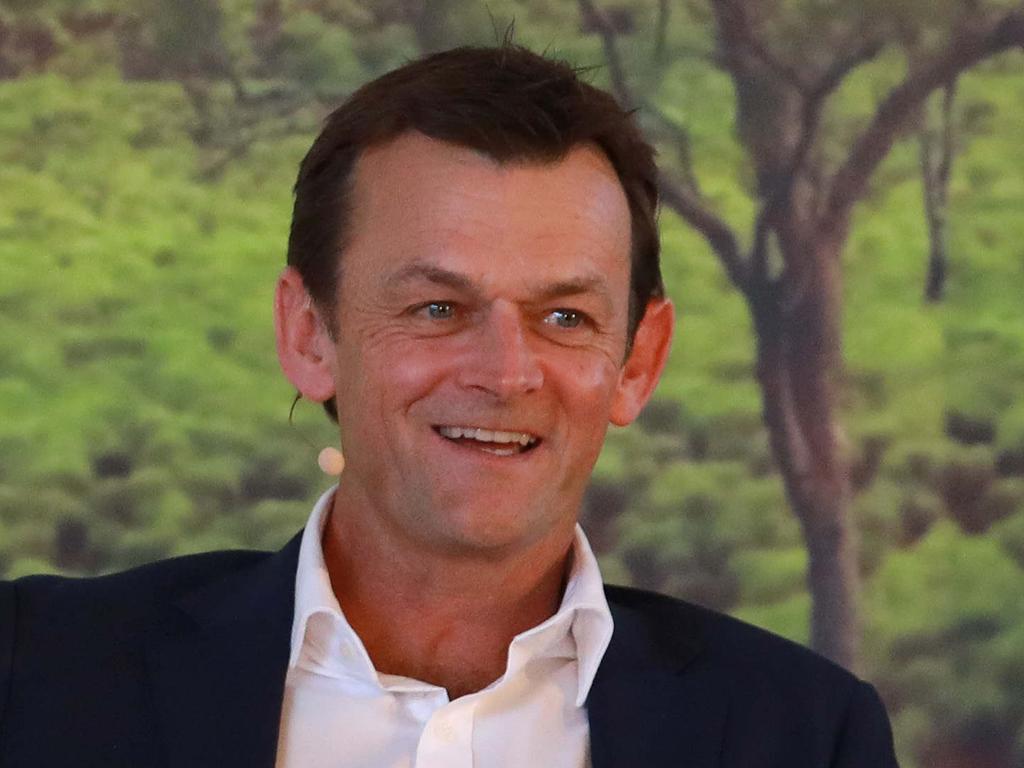
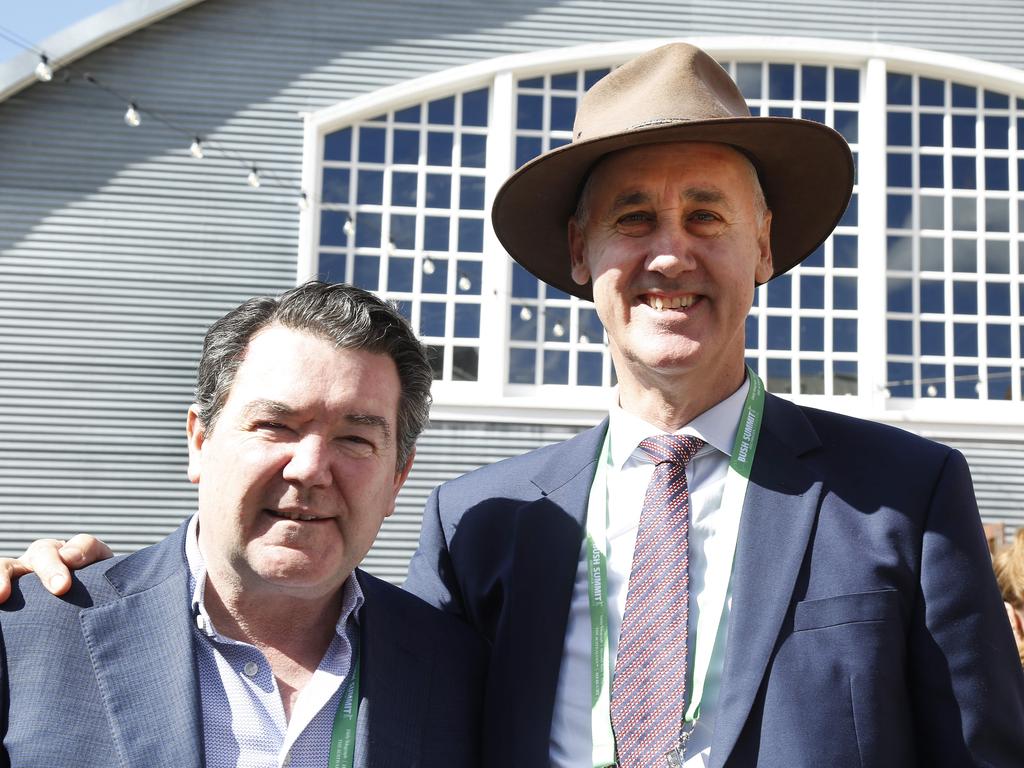
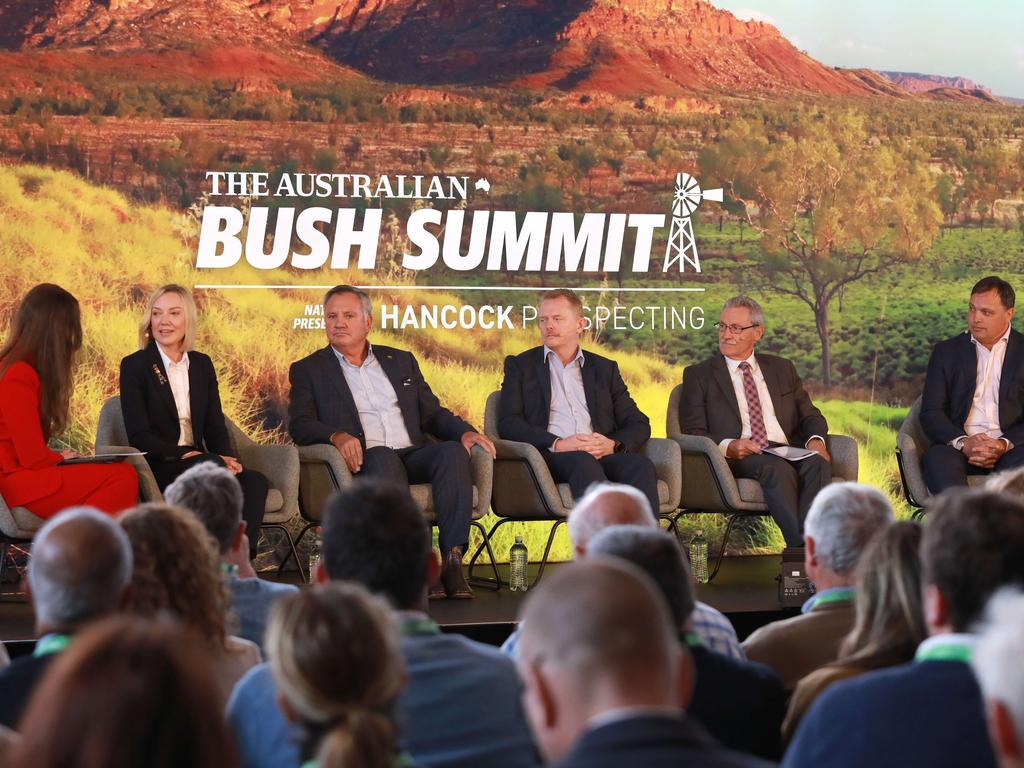
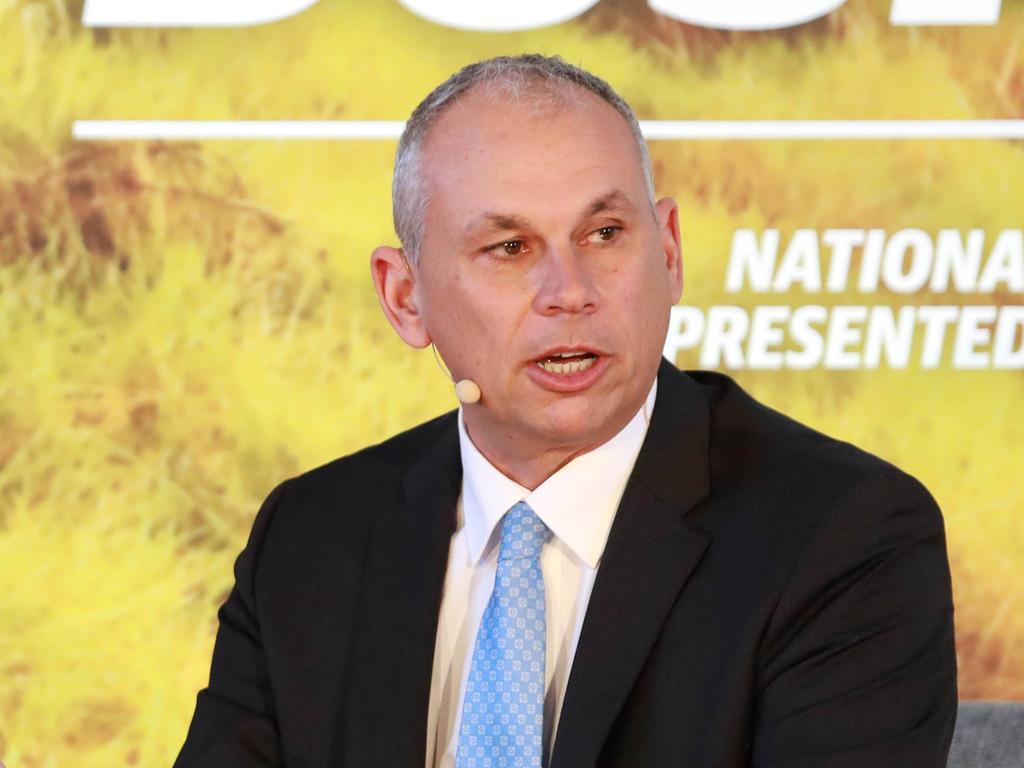


To join the conversation, please log in. Don't have an account? Register
Join the conversation, you are commenting as Logout